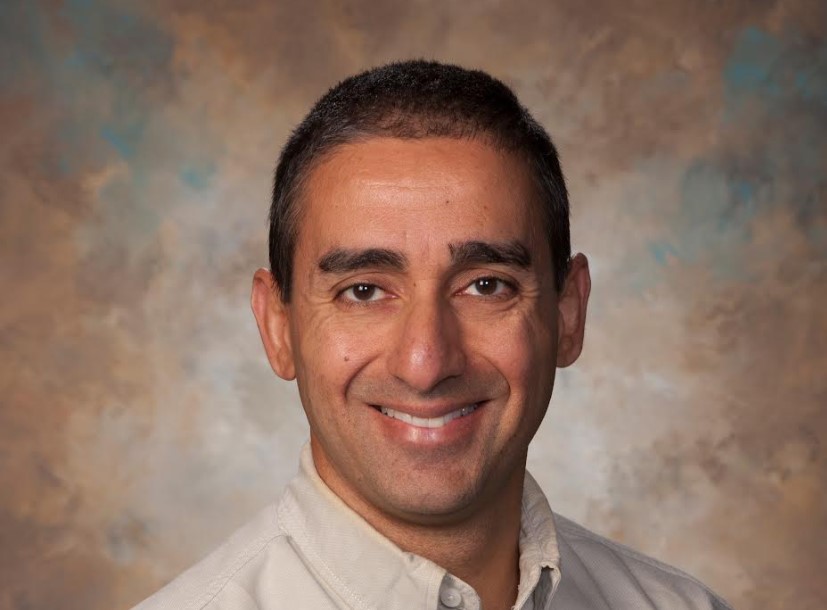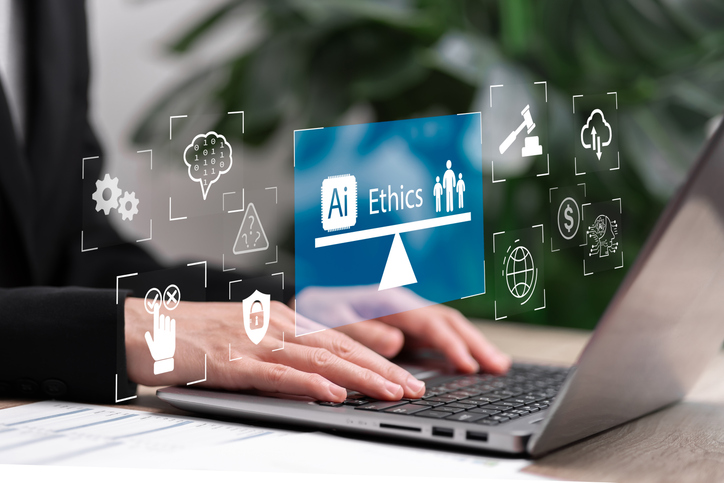Trends To Watch Beyond AI and Other Tips From A Retiring Edtech Leader
INNOVATIVE LEADER AWARD WINNER - Award-winning supervisor of technology and data Frank Pileiro is stepping down from his district position. He shares his thoughts on what his successor might face.

Frank Pileiro’s career in educational technology began in the classroom.
“I started as a classroom teacher helping with technology integration and eventually managed our district website and email server,” says Pileiro, who is retiring from his longtime position as Supervisor of Technology and Data for the Linwood Board of Education in New Jersey.
After being drawn deeper and deeper into the tech side of teaching, Pileiro went back to school and received his Master’s in Instructional Technology from Stockton University. Ultimately, he worked his way up the ranks and became a recognized edtech leader. Pileiro recently was honored with the Innovative EdTech Leader Award, one of Tech & Learning's innovative leadership awards, during a regional live summit in New Jersey.
Pileiro discusses how the roles of educational technology leaders have evolved over time, how districts might best recruit new edtech leadership talent, and recent trends in technology that don’t involve the letters “a” and “i” in close proximity.
The Evolving Role of Edtech Directors

Being an edtech director today is a very different position than it was in the past, with tremendous changes especially coming in the last few years. “There is a lot more technology and online programming in the classroom,” Pileiro says. “You need to wear more hats than in the past. You are not just a technology person, but need to have a knowledge of cybersecurity, data privacy, technology integration, as well as the soft skills of empathy and patience.”
But that’s not all it takes to successfully navigate the increasingly complex position. “You also need to build a set of resources and a network of people you can rely on for help,” Pileiro says. “It’s a very dynamic role.”
Recruiting Advice for Edtech Leadership
If a district is looking to fill a position similar to his, Pileiro recommends drawing talent from the education sector before looking to industry.
“The first place I would look would be other school districts,” he says. “Many have great young talent as well as early career talent. I firmly believe having someone with experience working in a school district would be beneficial.”
Trends Beyond AI
For the last year, education headlines have been dominated by two letters: AI. Obviously, as important as the rise of generative AI has been, it’s not the only new development in edtech.
“I’m seeing the move to the cloud being very big, both in the classroom and in the enterprise,” he says.
Another trend is data that drives not only decisions but helps identify network and cybersecurity issues. "Data literacy is extremely important,” he adds.
Ongoing Challenges in Edtech
During his career in edtech leadership, Pileiro’s biggest challenges have been trying to balance competing priorities and managing a variety of roles and responsibilities. “To overcome these obstacles I tried to be as organized as possible, set controls and expectations as well as continually update my knowledge to be as up-to-date as possible,” he says.
Those in the field today face a similar set of competing priorities as well as new complications.
“An ever-present challenge is vetting and selecting the right solutions for your district. Whether it be infrastructure or edtech, finding the right solution is important,” Pileiro says. “As school technology leaders we need to continually learn and make wise decisions because we have the responsibility to spend our stakeholders money wisely.”
Tools and ideas to transform education. Sign up below.
Erik Ofgang is a Tech & Learning contributor. A journalist, author and educator, his work has appeared in The New York Times, the Washington Post, the Smithsonian, The Atlantic, and Associated Press. He currently teaches at Western Connecticut State University’s MFA program. While a staff writer at Connecticut Magazine he won a Society of Professional Journalism Award for his education reporting. He is interested in how humans learn and how technology can make that more effective.

